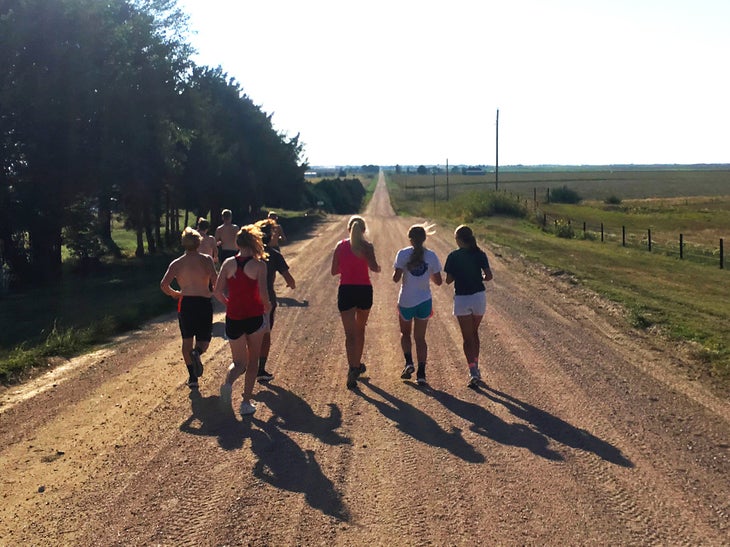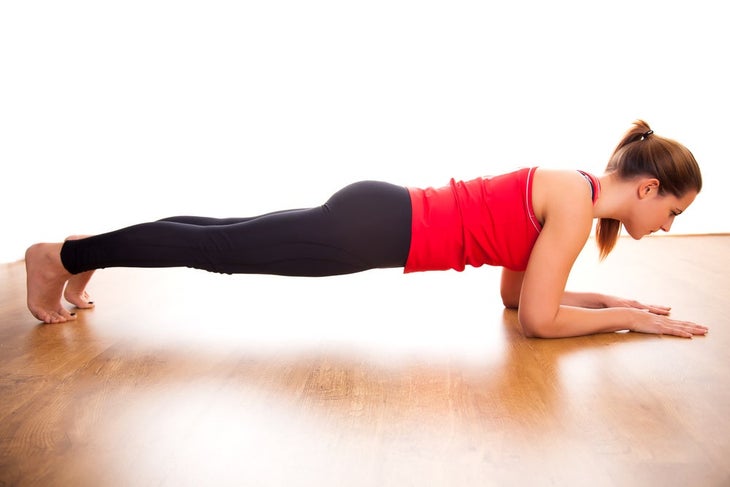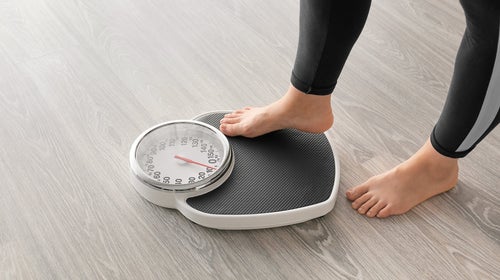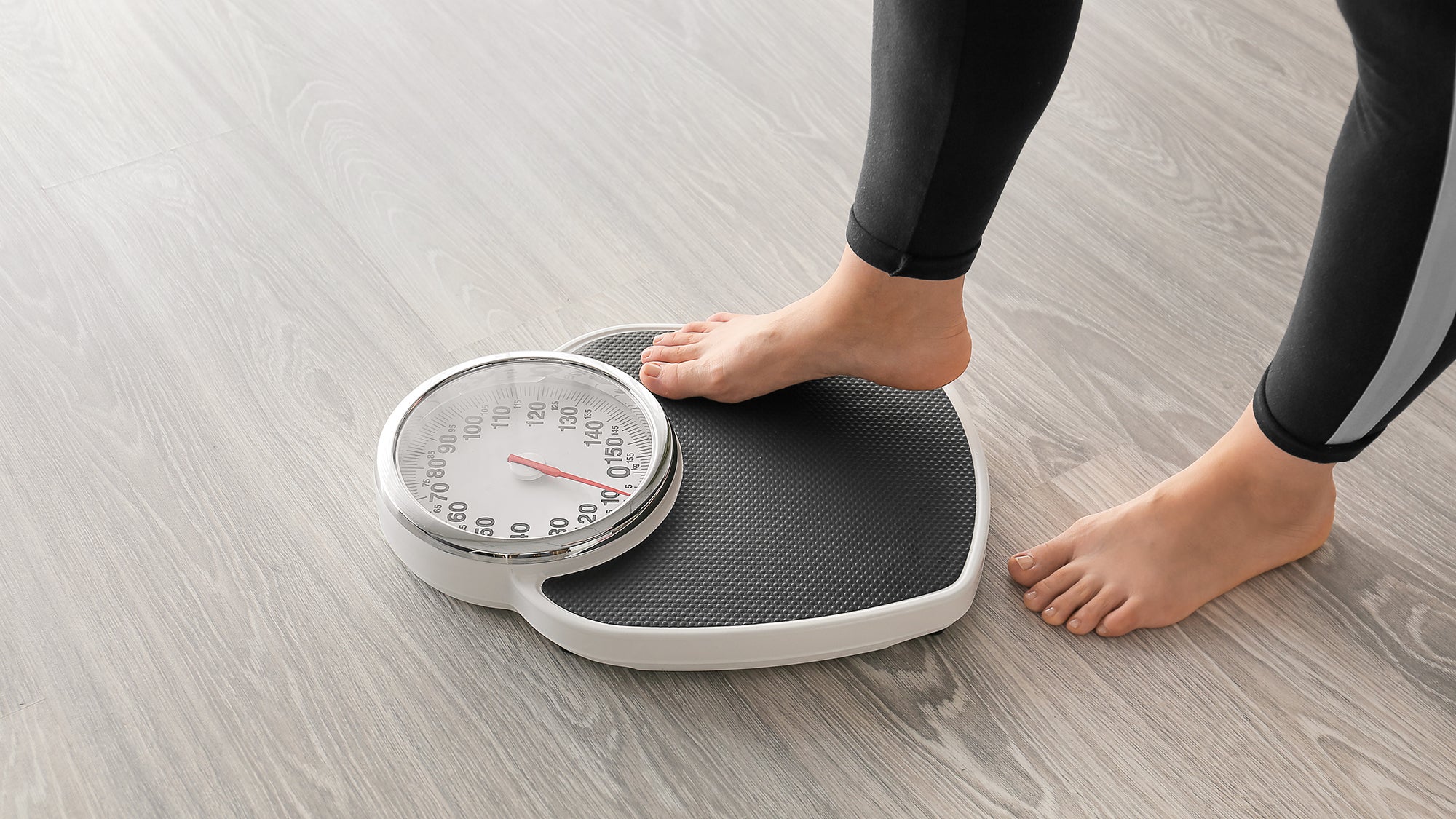Perhaps the best-known algorithm in endurance sports is 1 pound = 2 secs/mile. In other words, for every pound of body weight lost, a runner should expect their pace to drop an average of two seconds per mile. This calculation was first presented in 1978 by researchers at the University of Georgia, and has since been held up as a golden rule of running. It’s a tight and tidy calculation, easy to remember and even easier to dish out as advice: If you want to get faster, all you have to do is drop a few pounds.
And yes, the calculation is simple—but it’s too simple. Humans are not algorithms, where you can simply input X to get Y results. By touting this rule, runners can become too focused on “race weight,” as if that is the only way to better running. In reality, there are many ways to improve your performance. What’s more, the science backs it up—since that 1978 study out of Georgia, hundreds of newer studies have unearthed ways runners can become faster and more efficient without ever stepping on a scale.
Proven Ways to Get Faster That Don’t Involve Weight Loss
- Warm up wisely. Skip the static stretches – according to multiple studies, they hinder running performance instead of helping it. Instead, try a dynamic warm-up, which has been found to boost running performance.
- Do more than just run. A 2016 article in the Journal of Strength & Conditioning Research says when highly-trained runners add a twice-weekly strength training program to their training regimen, their running economy improves.

photo: 101 Degrees West
- Run with friends! MIT researchers found that people run more when their friends do, and when they see their friends run faster and further, they push themselves to do so too.
- Increase your bounce. A study out of the UK suggests that a springier stride is a key to unlocking a PR.
- Make your easy runs just that—easy. When comparing various training approaches, researchers found that polarized training (80 percent of workouts at extremely easy effort, with 20 percent at high intensity) reign supreme over those high-volume or threshold training.
- Breathe better. A 2017 study published in the International Journal of Exercise Science showed breathing through your nose makes exercise slightly more difficult, naturally lowering your performance—so open your mouth and breathe freely.
- Update your playlist. Multiple studies have found that music—whether a 10-minute pump-you-up playlist before a workout or a steady stream of beats for the entirety of your run—can improve performance.
- Stay on top of hydration. In a University of South Florida study of trail runners, dehydration not only affected a runner’s physical performance, but mental performance as well—running felt harder because it was harder.

Photo: Shutterstock
- Spend 15 minutes a day working on your core. Research out of Barry University found that runners who did a quick core-strengthening routine each day improved their 5K times.
- Drink a cup of joe. Studies show that consuming caffeine before a run can be a (totally legal) performance enhancer.
- Sleep. Nap. Snooze. Conk out. More and more research has made it clear that sufficient, high-quality sleep is a critical component of athletic performance.
- Go on a (shoe) diet. According to a study done by the University of Colorado – Boulder, an elite athlete wearing shoes 100 grams lighter than normal could potentially shave 57 seconds off his or her marathon time.
- Run mindfully. German researchers found that external attentional focus, or concentrating on the details of your surroundings instead of your internal state, can increase running economy.
- Prioritize consistency. When researchers questioned masters runners about their training, they found the most reliable predictor of performance was the amount of training done consistently over the past five years.
Though weight is one factor in the running speed equation, it’s not the only factor. Weight loss shouldn’t be the basket you put all your PR eggs into—instead, develop a well-rounded training plan that pays attention to the details. Things like consistency, hydration, and sleep will pay off in your quest for faster running—better yet, they don’t require you to count calories or curse at the scale.


